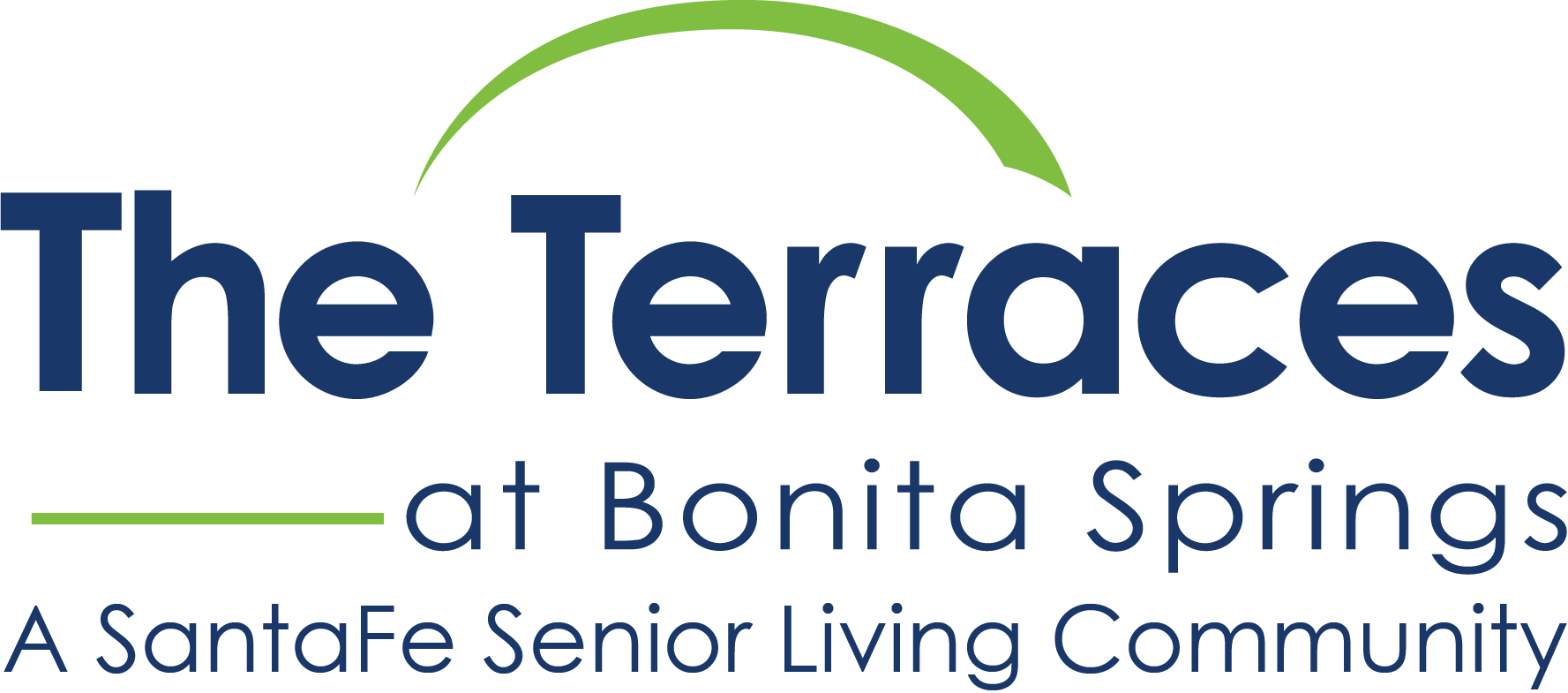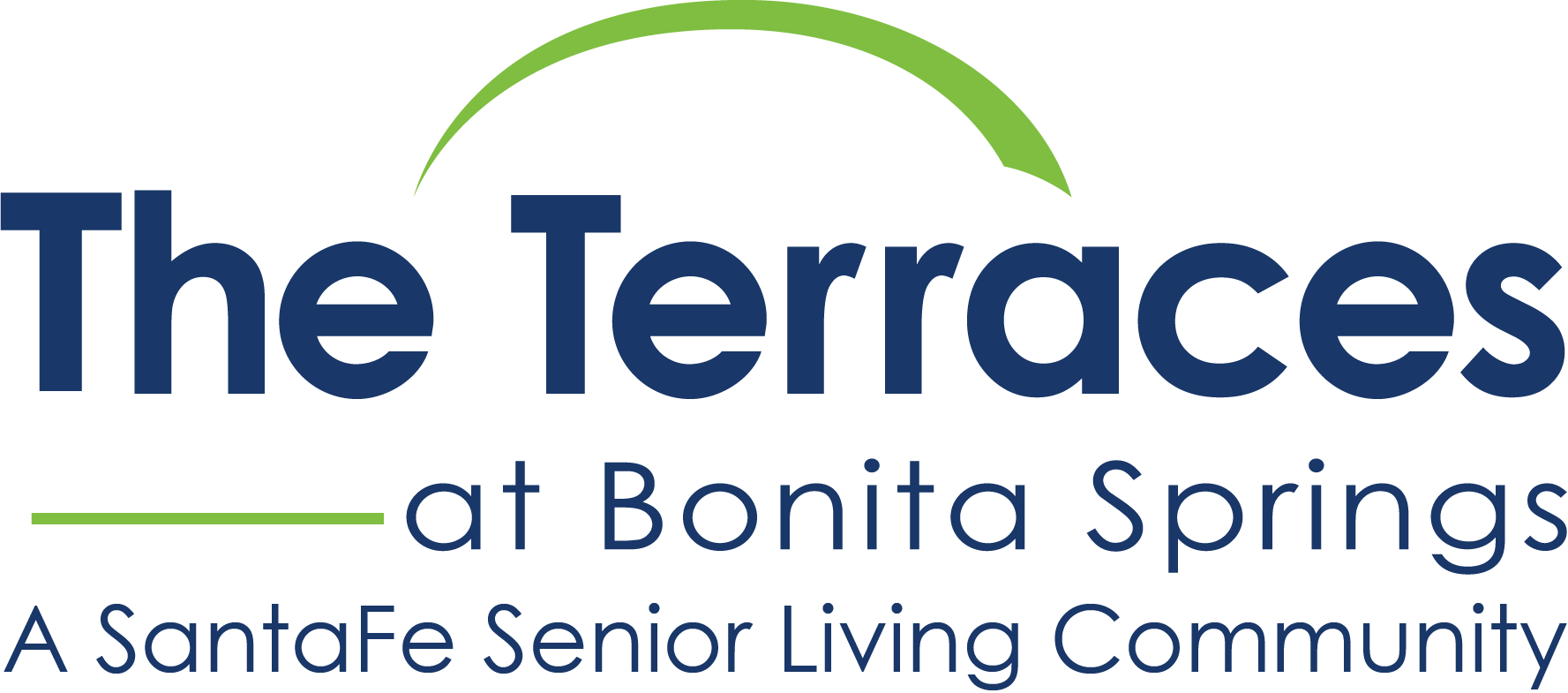Many seniors living with early cognitive decline are able to stay at home under the care of family members. But these diseases progress, and eventually, 24-hour, around-the-clock care will be required. But how do you know when that time is? What are the signs that it’s time for memory care?
“Family caregivers may feel guilty about placing their loved one in memory care,” says Michele Wasserlauf, Executive Director at The Terraces at Bonita Springs. “But the truth is, memory care programs and communities are designed to meet all the needs of their residents, providing safety, nutrition, companionship, activity, support and professional care that just can’t be found at home.”
When is the right time for memory care?
When should one go into memory care? There is no right answer to this question. But there are signs to look for that can help guide your decision. See your family doctor and have them do a memory test for your senior loved one. It would also be helpful to ask for the doctor’s advice. But ultimately, you’ll know when the time is right.
When you think your loved one needs more care than you can safely deliver, memory care is available at a variety of senior living communities, from stand-alone memory facilities to Life Plan Communities that offer a continuum of care on site.
Offering specialized memory care and support delivered by dementia care specialists and well-trained staff, these memory care communities and programs offer peace of mind to families and compassionate care for their loved ones. So, how will you know when it’s time for such a community? These seven signs may indicate a need for a higher level of care.
1. Difficulty with Activities of Daily Living (ADLs)
This is a standard benchmark in identifying cognitive decline. When a senior has difficulties with activities of daily living (ADLs), such as bathing, dressing, or using the bathroom, extra support is needed.
2. Wandering
Does your loved one wander? This is more than a sign that it’s time for memory care; it can be very dangerous. Seniors who wander can become disoriented and lost. They may not realize where they are or know how to get back home. This can lead to walking into a busy street or being outside too long, exposed to dangerous weather conditions.
3. Agitation or Aggression
People with memory decline may experience agitation and confusion that can lead to aggression. Your loved one may even become violent, biting, kicking or lashing out. These behaviors typically occur at the end of the day due to sundowning. You may become concerned about your safety as well as the safety of others in the home.
4. You’re Burned Out
Caring for someone with memory care needs is emotionally and physically exhausting. Don’t let your own health suffer. You can’t care for someone else if you’re not at your best. If you’re not ready to have your loved one move to a memory care community, consider a respite stay. For a short-term stay, your loved one can receive the care they need while you get a much-needed break.
5. Nutrition and Weight Changes
Memory loss leads to the inability to make lists, grocery shop and prepare food. People may forget to eat and lose weight … or forget that they ate and eat again, resulting in weight gain. If you notice weight changes or the effects of poor nutrition, it’s time for professional intervention.
6. Isolation and Loneliness
Memory challenges severely impede the ability for one to have a social life. This isolation and loneliness can lead to depression. Even worse, it can accelerate the condition. This is an area of particular strength for a memory care community. Offering specialized programs and activities for those with memory loss, it is a place where your loved one can find friendship and camaraderie. What’s more, these programs are designed to promote purpose and fulfillment, easing anxiety and agitation.
7. You Want To Be a Family Again
Caregiving is noble, but it changes the family dynamic. As memory loss progresses, you become a caregiver, and your relationship with your loved one significantly changes. Moving to a memory care community relieves that worry and responsibility from your shoulders. The community’s memory care professionals gladly take on the roles of caregivers, letting you spend time with your loved one as a family again.
About The Terraces at Bonita Springs
Recreation, special events, holiday celebrations, educational programs, guest speakers and a variety of inspiring activities take place throughout the year at The Terraces at Bonita Springs as part of the community’s active lifestyle programs. The Terraces is the only Life Plan Community for senior living in the Bonita Springs area with services and amenities all under one roof. Living choices include independent living, assisted living, memory support, skilled nursing and rehabilitation. All levels of care, including assisted living, skilled nursing and memory support, are open for direct admittance with no entrance fee.
For more information, visit TheTerracesAtBonitaSprings.com or call 239-208-6963.


